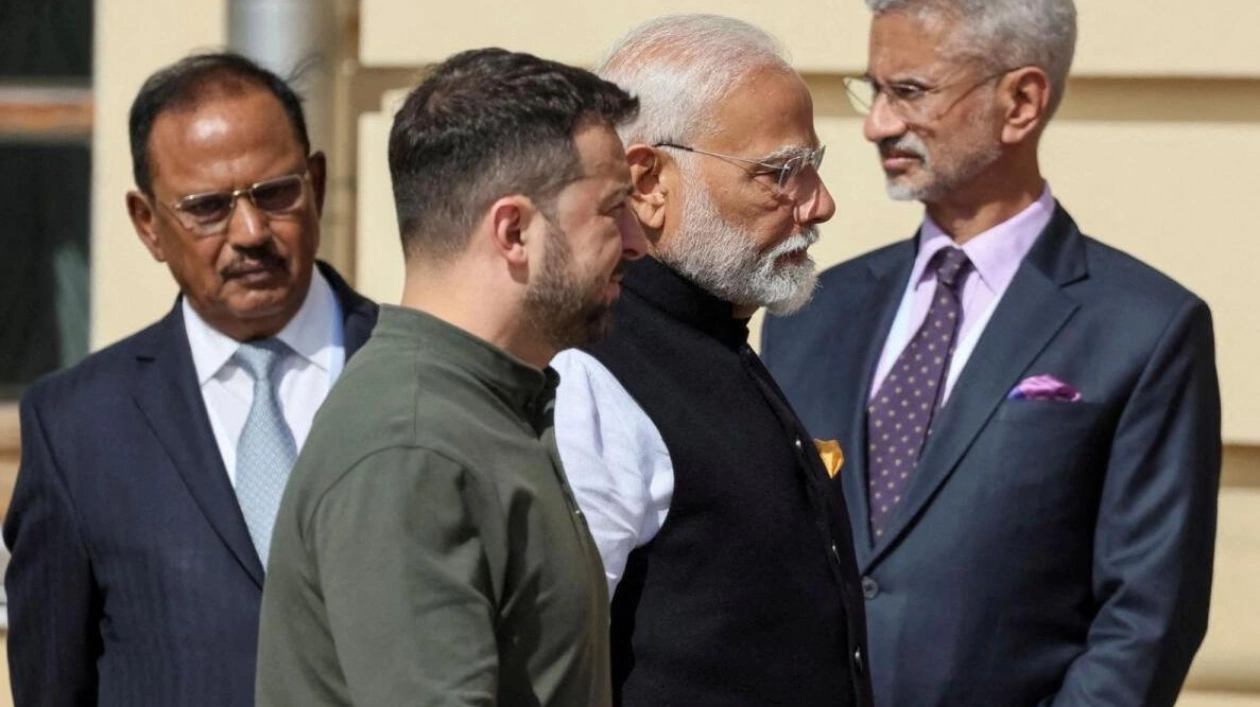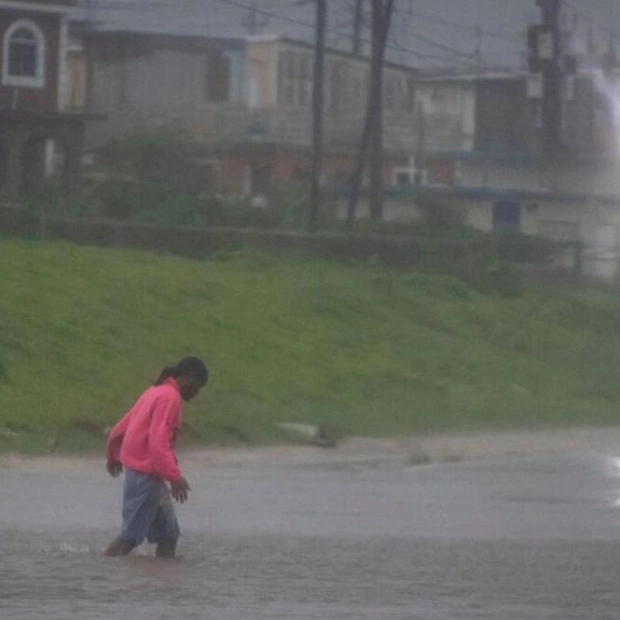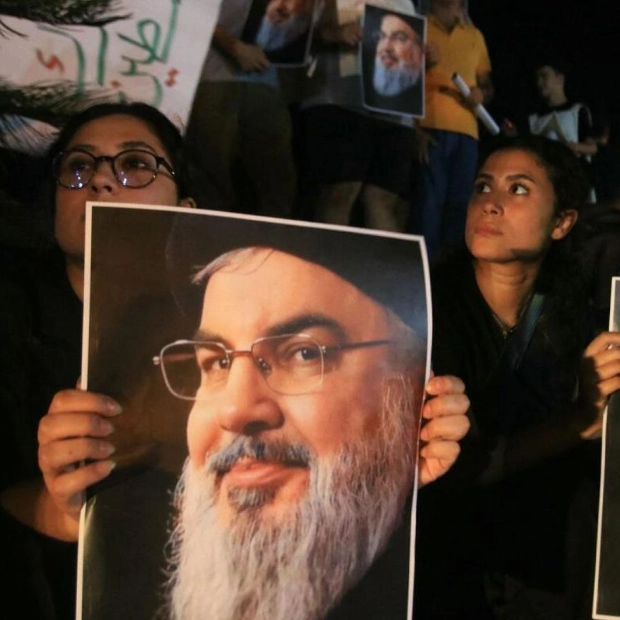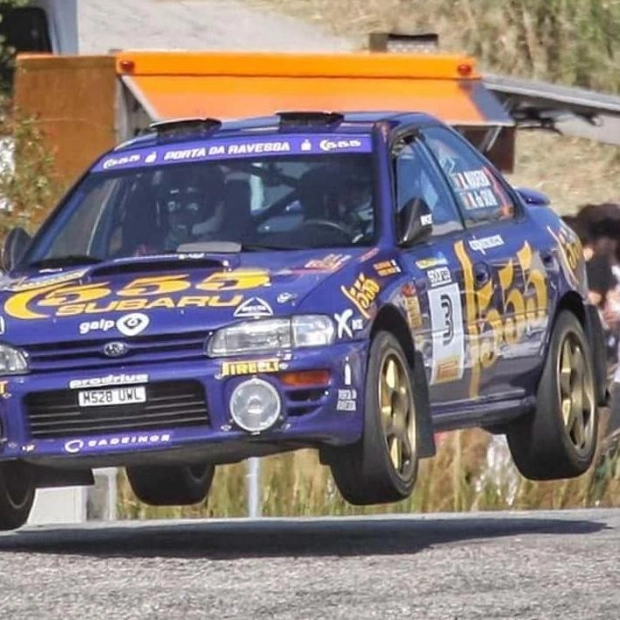Indian-made artillery shells have been rerouted by European buyers to Ukraine, and New Delhi has not taken steps to halt this trade, despite Moscow's objections, according to eleven Indian and European government and defense industry officials, as well as a Reuters analysis of commercially available customs data. The rerouting of munitions to support Ukraine's defense against Russia has been ongoing for over a year, according to these sources and the customs data. Indian arms export regulations restrict the use of weaponry to the declared purchaser, who risks future sales being terminated if unauthorized transfers occur. The Kremlin has raised the issue on at least two occasions, including during a July meeting between Russian Foreign Minister Sergei Lavrov and his Indian counterpart, according to three Indian officials.
Details of these ammunition transfers are being reported by Reuters for the first time. The foreign and defense ministries of Russia and India did not respond to questions. In January, Indian foreign ministry spokesperson Randhir Jaiswal stated at a news conference that India had not sent or sold artillery shells to Ukraine. Two Indian government and two defense industry sources told Reuters that Delhi produces only a very small amount of the ammunition being used by Ukraine, with one official estimating it to be under one percent of the total arms imported by Kyiv since the war. Reuters could not determine if the munitions were resold or donated to Kyiv by the European customers.
Among the European countries sending Indian munitions to Ukraine are Italy and the Czech Republic, which is leading an initiative to supply Kyiv with artillery shells from outside the European Union, according to a Spanish and a senior Indian official, as well as a former top executive at Yantra India, a state-owned company whose munitions are being used by Ukraine. The Indian official said that Delhi is monitoring the situation. However, along with a defense industry executive with direct knowledge of the transfers, he said India has not taken any action to curb the supply to Europe. The Ukrainian, Italian, Spanish, and Czech defense ministries did not respond to requests for comment.
Delhi and Washington, Ukraine's main security backer, have recently strengthened defense and diplomatic cooperation against the backdrop of a rising China, which both regard as their main rival. India also maintains warm ties with Russia, its primary arms supplier for decades, and Prime Minister Narendra Modi has refused to join the Western-led sanctions regime against Moscow. However, Delhi, long the world's largest weapons importer, also sees the protracted war in Europe as an opportunity to develop its nascent arms export sector, according to six Indian sources familiar with official thinking. Ukraine, which is struggling to contain a Russian offensive toward the eastern logistics hub of Pokrovsk, faces a dire shortage of artillery ammunition.
The White House declined to comment, and the US State Department referred questions on Delhi's arms exports to the Indian government. India exported just over $3 billion of arms between 2018 and 2023, according to data compiled by the Stockholm International Peace Research Institute think-tank. Defense Minister Rajnath Singh stated at an August 30 conference that defense exports exceeded $2.5 billion in the last fiscal year and that Delhi aims to increase that to about $6 billion by 2029. Commercially available customs records show that in the two years before the February 2022 invasion, three major Indian ammunition makers — Yantra, Munitions India, and Kalyani Strategic Systems — exported just $2.8 million in munitions components to Italy and the Czech Republic, as well as Spain and Slovenia, where defense contractors have heavily invested in supply chains for Ukraine.
Between February 2022 and July 2024, the figure had increased to $135.25 million, the data show, including completed munitions, which India began exporting to the four nations. Arzan Tarapore, an India defense expert at Stanford University, said that Delhi's push to expand its arms exports was a major factor in the transfer of its arms to Ukraine. 'Probably in the sudden recent expansion, some instances of end-user violations have occurred,' he said. Unlisted Italian defense contractor Meccanica per l'Elettronica e Servomeccanismi (MES) was among the companies sending Indian-made shells to Ukraine, according to the former top Yantra official. MES is Yantra's biggest foreign client. The executive said the Rome-based company buys empty shells from India and fills them with explosives.
Several Western firms have explosive filling capabilities but lack the manufacturing capacity to mass produce artillery shells, the executive said. Yantra stated in its 2022-23 annual report that it had agreed a deal with an unnamed Italian client to set up a manufacturing line for L15A1 shells, which the former Yantra executive identified as MES. MES and Yantra India did not respond to emails seeking comment. Customs data indicate that Yantra shipped $35 million worth of empty 155mm L15A1 shells to MES between February 2022 and July 2024. Customs records also show that in February 2024, UK-based arms company Dince Hill — whose board includes a top MES executive — exported $6.7 million in ammunition from Italy to Ukraine.
Among the exports were 155mm L15A1 shells, which the customs declaration said were manufactured by MES for Ukraine's Defense Ministry and supplied for 'promoting the defense capability and mobilization readiness of Ukraine.' Dince Hill did not respond to an email seeking comment. Its new owner, Rome-based Effequattro Consulting, could not be reached. In another instance, Spain's Transport Minister Oscar Puente shared on social media in May an end-user agreement signed by a Czech defense official that authorized the transfer of 120mm and 125mm ammunition shells from Munitions India to arms dealer Czech Defense Systems. Pro-Palestinian activists had alleged that the Borkum, a vessel carrying Indian-made arms which had stopped in a Spanish port, was carrying the weapons to Israel.
Spanish newspaper El Mundo reported in May that the final destination was actually Ukraine. A Spanish official and another source familiar with the matter confirmed to Reuters that Kyiv was the end user. Munitions India and CDS did not respond to questions. Customs records dated March 27 show Munitions India had shipped 10,000 rounds of 120mm and 125mm mortar shells, worth more than $9 million, from Chennai to CDS. Russia, which supplies more than 60 percent of Delhi's arms imports, is a valued partner for India. In July, Modi chose Moscow for his first bilateral international trip since being elected to a third term.
At another meeting that month in Kazakhstan between top Indian diplomat Subrahmanyam Jaishankar and Lavrov, the Russian minister pressed his counterpart about Indian munitions being used by Ukrainians and complained that some were made by state-owned Indian companies, according to an Indian official with direct knowledge of the encounter. The official did not share Jaishankar's response. Walter Ladwig, a South Asia security expert at King's College London, said the diversion of a relatively small amount of ammunition was geopolitically useful for Delhi. 'It allows India to show partners in the West that it is not 'on Russia's side' in the Russia-Ukraine conflict,' he said, adding that Moscow held little leverage over Delhi's decisions.






